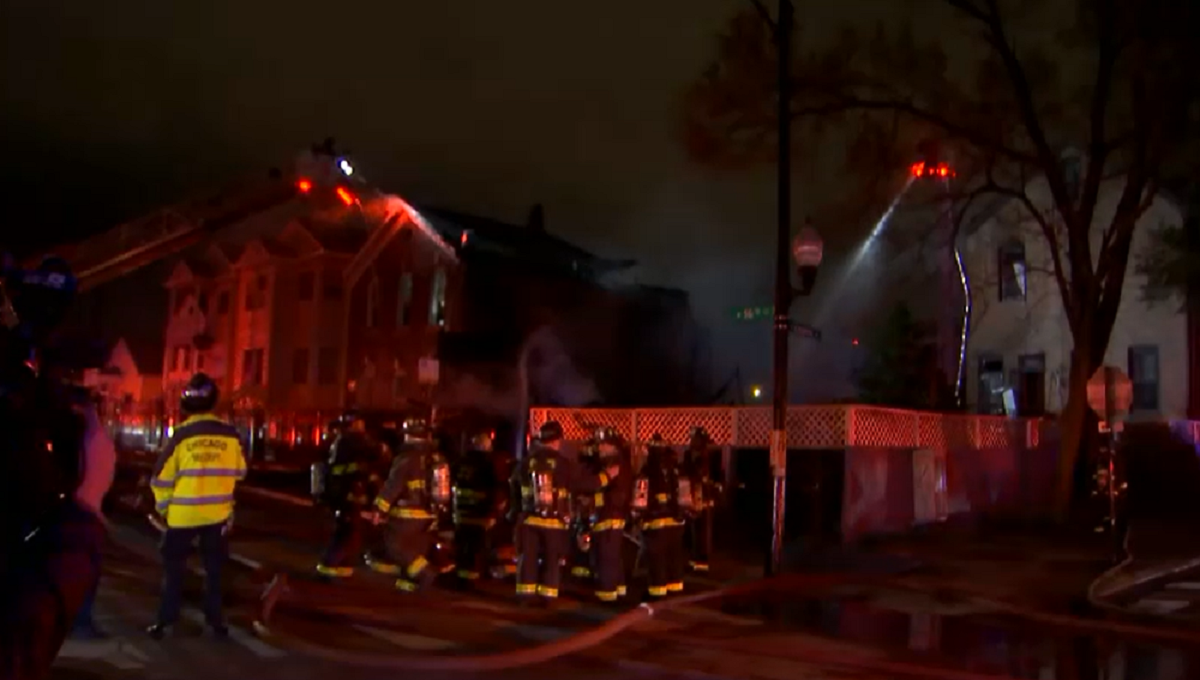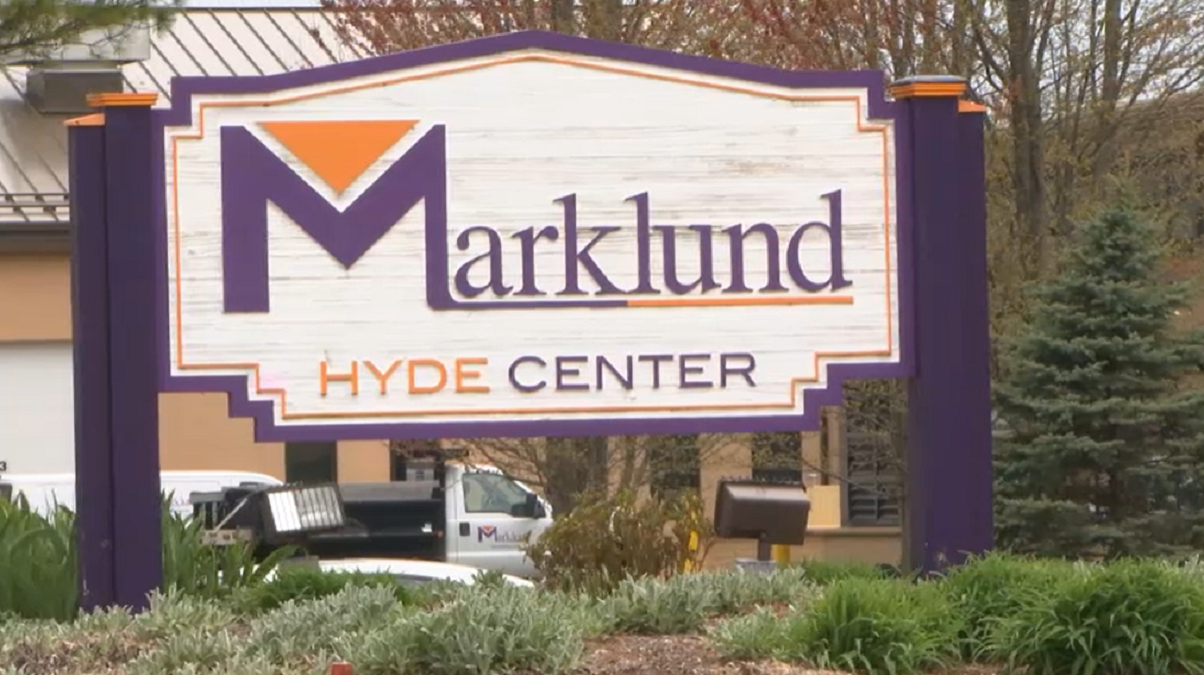Chicagoans looking to help victims of the Orlando massacre that killed at least 49 people and injured dozens of others can do so by donating blood.
LifeSource in Rosemont said that while long lines of people waited to donate in Orlando, it could take days for those donations to be processed. That’s why the suburban Chicago facility quickly sent a shipment Sunday morning to help hospitals care for trauma patients.
“OneBlood needed blood to supply to the hospitals right away and so we took blood off our shelves that had already been processed, tested, labeled and shipped that to them,” said Executive Director for LifeSource in Rosemont Eva Quinley.
At least 50 people were killed in the massacre early Sunday morning at a gay nightclub in Orlando, the worst mass shooting U.S. history that occurred as the country celebrated LGBT pride month.
OneBlood, a nonprofit clinic in Orlando, put out a call for blood early Sunday and by early afternoon it was thanking donors, saying it was at capacity and encouraging others to give over the next few days.
Quinley said LifeSource nearly emptied their shelves sending donations to the area.
“I don't think I've ever seen such a massive need all at once like this,” Quinley said. “We've had shootings before and wrecks and those kinds of things but this was huge.”
Local
LifeSource sent donations of all types of blood, including O-negative, a much-needed blood type which officials say is in need in both Orlando and in Chicago.
"We did send them some O negative because O negative is obviously the universal donor and they had some patients that required that," Quinley said. "It's in short supply so we couldn't send them as much as we would've liked to send them."
While LifeSource waits to see how much more blood they can send to Orlando, they are also asking donors to help them restock their shelves.
“It's very important we have a constant supply of donors,” Quinley said. “Sometimes in the summer, people get busy with outdoor activities and with family things, vacations and those sorts of things, and they forget there's a need for blood. In fact, the need for blood goes up in the summer.”
Blood donations has been a controversial topic in the wake of the shooting, as gay men face strict restrictions on giving blood.
Only gay and bisexual men who have not had sexual contact with another man for at least a year are eligible to donate, according to the U.S. Food and Drug Administration.
On Monday, U.S. Representative Mike Quigley joined Rep. Barbara Lee and U.S. Senator Tammy Baldwin called for the FDA to "life this prejudicial ban once and for all."
"We find it unacceptable that gay and bisexual men are banned from donating desperately needed blood in response to this tragedy. Blood donations are needed now more than ever, yet gay and bisexual men remain unable to donate blood due to an outdated and discriminatory FDA rule," the group said in a statement. "For years, we have worked through both authorizing and appropriations committees to overturn the FDA's donor referral policy for men who have sex with men. We've made progress; this past year, the FDA reversed a lifetime ban to a 12-month deferral policy. But this revision does not go far enough in ending an outdated policy that is medically and scientifically unwarranted and that perpetuates inaccurate stereotypes. Tragedies like the one we witnessed in the early morning hours on Sunday show how crucial it is for FDA to develop better blood donor policies that are based on science and on individual risk factors; that don’t unfairly single out one group of individuals; and that allow all healthy Americans to donate."



